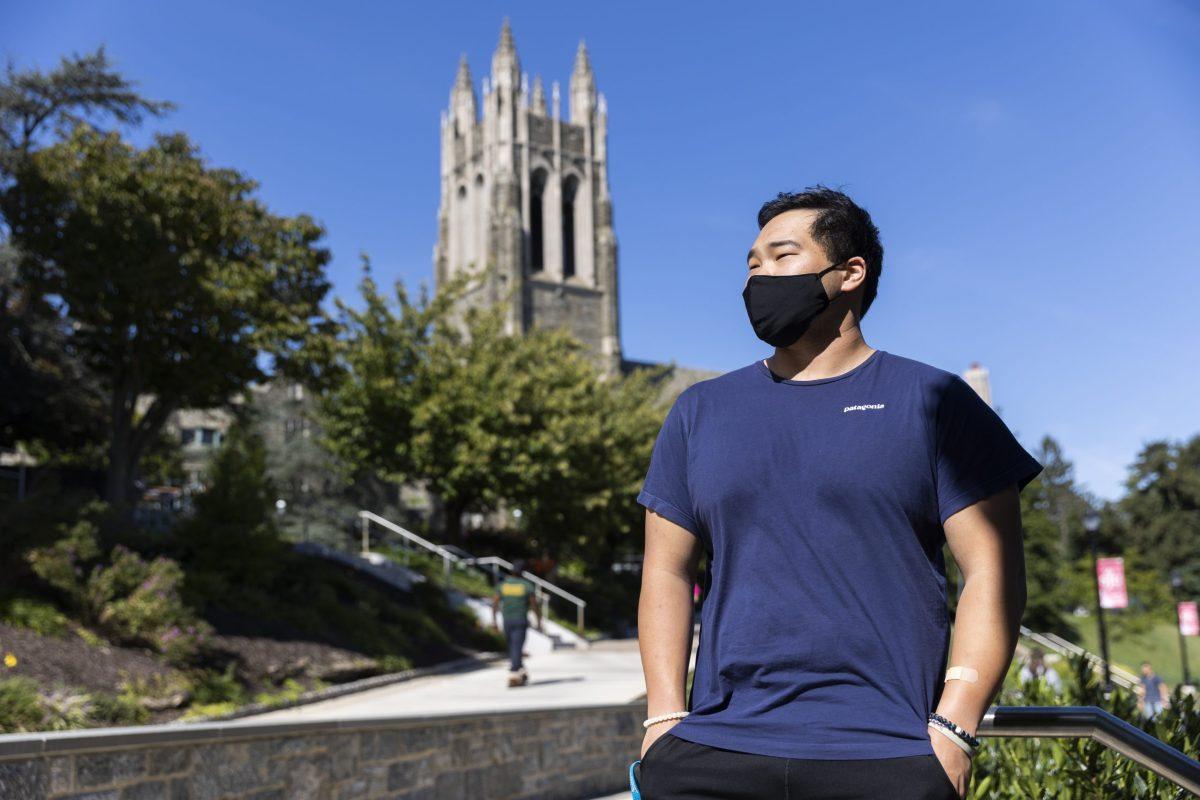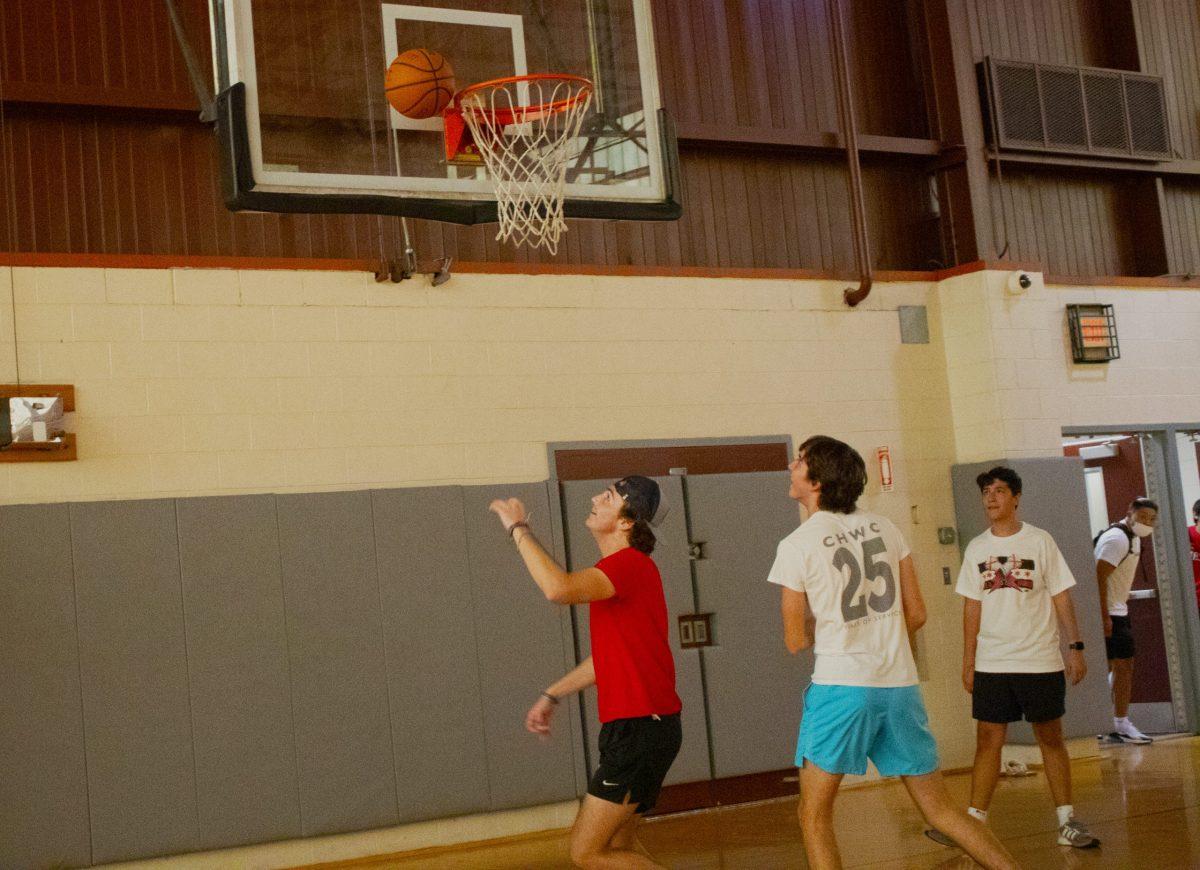What is the coronavirus?
Coronaviruses (CoV) are a large group of viruses and, according to the Center for Disease Control and Prevention (CDC), common human coronaviruses typically, “cause mild to moderate upper-respiratory tract illnesses, like the common cold. Most people get infected with these viruses at some point in their lives.”
This new novel coronavirus (nCoV), however, “is a new strain that has not been previously identified in humans,” according to the World Health Organization (WHO). This new virus is zoonotic, meaning it can be transmitted between animals and humans as well as from human to human.
What are the symptoms?
This disease is causing more severe symptoms than common strains of the virus. According to BBC, if someone is affected by this virus, symptoms seem to “start with a fever, followed by a dry cough and then, after a week, leads to shortness of breath and some patients needing hospital treatment.” In those severe cases, the WHO alerts, “infection can cause pneumonia, severe acute respiratory syndrome, kidney failure and even death.”
Where did this outbreak start?
The outbreak began in a seafood and poultry market in Wuhan, but it is not clear what exact animal was the cause. The new coronavirus caused 81 deaths and infected 830 people at the
time of print. In order to try and stop the spread of the unknown virus, the Chinese authorities on Jan. 23 “imposed a travel lockdown in Wuhan, and airlines canceled hundreds of flights to the city,” according to The New York Times.
Who is the most vulnerable to the coronavirus?
While this new coronavirus has the greatest effect on older populations, the youngest person recorded to have been affected is 36 years old.
Will this affect me?
There are five reported cases of someone being infected in the U.S. at the time of print. As of Jan. 27, “Philadelphia health officials are investigating whether a Chinese exchange student at William Penn Charter School in Philadelphia may have contracted coronavirus,” according to the Philadelphia Inquirer.
When asked how conducive places like Philadelphia and college campuses in the area are to spreading viruses, Michael McCann, Ph.D., professor of biology at St. Joe’s, said, “any place where you have a lot of people in close proximity for a long time (like dorms, classrooms, meetings, etc.) provides a good means for viruses like this to spread.”
Ian Lipkin, M.D., director of Columbia University’s Center for Infection and Immunity, said in an interview with National Geographic that it is unclear whether or not this virus will die out or whether it’s going to evolve into something more pathogenic.
While the specifics of how this virus is spreading are unclear, McCann said, “The best way to minimize transmission of a virus like this is to follow the same sort of hygiene procedures you would for reducing the spread of the cold and flu viruses.”
Update: In our original version of the story, we used a direct quote from the National Geographic story. We updated our story with a paraphrased quote to avoid attaching locations or ethnicities to the COVID-19 virus so that we avoid language that contributes to stigmatization, xenophobia and racism.










































